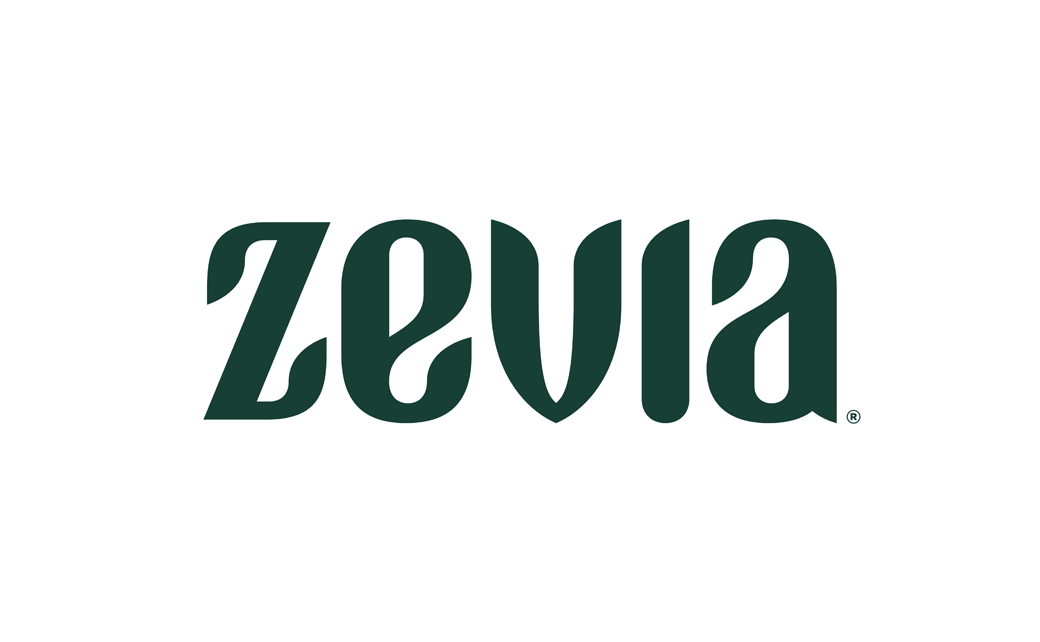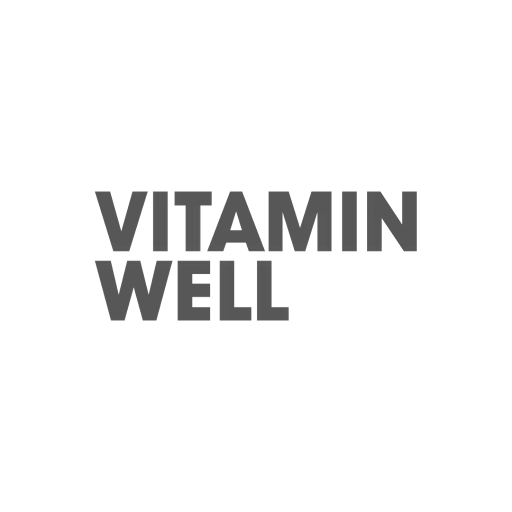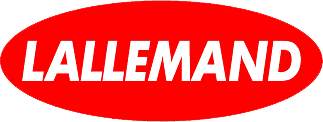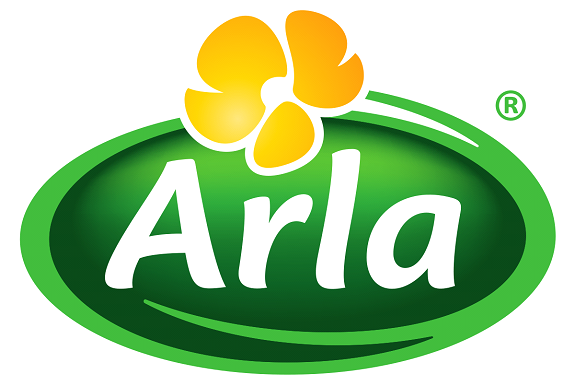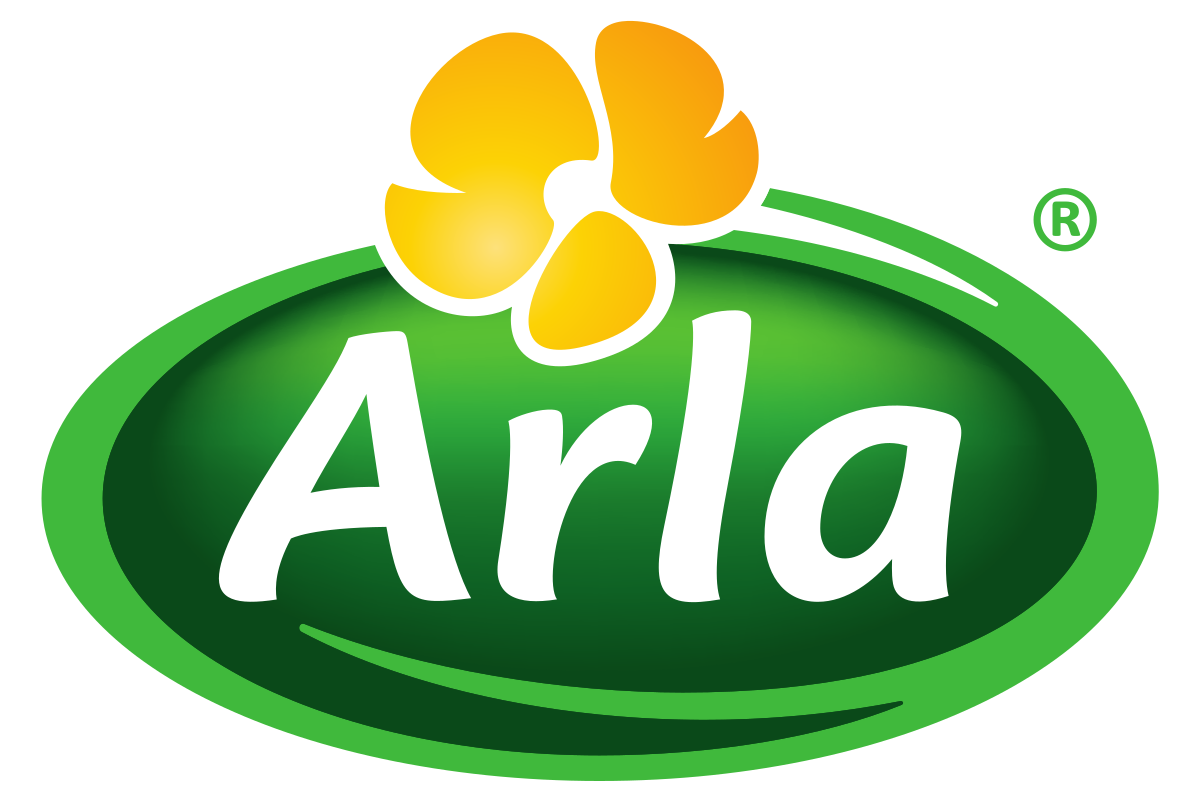A Market-Shifting Tariff
Last week, President Trump announced a 25% tariff on all imported aluminum, sending shockwaves through industries that depend on the metal. For the beer and ready-to-drink (RTD) beverage industry, this will cause a fundamental disruption that will reshape pricing, production, and competition.
Aluminum is the backbone of modern beverage packaging. It’s lightweight, cost-effective, and infinitely recyclable, making it the go-to choice for beer, soft drinks, energy drinks, and RTDs. But with tariffs driving up costs, the industry now faces tough decisions: absorb the added expense, pass it to consumers, or explore alternative packaging solutions.
This shift will have winners and losers, and the long-term consequences could limit innovation and stifle competition. Small brands and independent brewers will feel the squeeze the most, while major corporations with deeper pockets may emerge even stronger.

The State of Aluminum: Consumption & Production in America
Before we get into all the implications, let us first examine the current aluminum industry from a production and consumption perspective.
How Much Aluminum Does the U.S. Use?
The U.S. is the 7th largest per capita consumer of aluminum globally and one of the largest overall consumption economies.
- Top aluminum-consuming industries:
- Automotive (27%) → Used in everything from car frames to electric vehicle (EV) batteries.
- Beverage & packaging (15.75%) → Primarily aluminum cans and lids for beer, soft drinks, and RTDs.
- Construction & aerospace → Heavy users of aluminum for buildings and aircraft.
Aluminum demand in beverage packaging alone accounts for a significant portion of U.S. consumption, making the industry particularly vulnerable to pricing volatility.
Where Does the U.S. Get Its Aluminum?
The U.S. is only the 10th largest producer of aluminum globally, relying heavily on imports to meet domestic demand.
- Major sources of U.S. aluminum imports:
- Canada (largest supplier, but subject to trade tensions and tariff risks).
- China (a major exporter, already impacted by previous tariffs).
- Russia, UAE, India (other key contributors to U.S. aluminum imports).
Why Can’t the U.S. Just Make More Aluminum?
Scaling domestic aluminum production isn’t as simple as flipping a switch.
- Limited Bauxite Ore Reserves: Aluminum is refined from bauxite, and the U.S. has limited high-quality reserves compared to countries like Australia and Guinea.
- High Energy Costs: Aluminum smelting requires massive amounts of electricity, and rising U.S. energy prices make domestic production less cost-effective than importing.
- Environmental Regulations: The U.S. has stricter environmental policies compared to countries like China and India, further increasing production costs.
- Infrastructure Challenges: Expanding or building new aluminum smelting plants takes years and requires billions in investment.
With no immediate ability to increase domestic supply, beverage companies are stuck with rising aluminum prices, forcing them to rethink their packaging and pricing strategies.

How Beverage Brands Are Impacted by the Tariff
The Cost Squeeze: Who Pays for the Price Hike?
The key question for every brand: Who absorbs the additional cost?
- Big beverage brands → Most will pass the cost to consumers, leading to noticeable price hikes.
- Small and independent brewers → Many already operate on razor-thin margins and may have no choice but to absorb the cost—a move that could threaten their survival.
- RTD cocktails and emerging beverage categories → New brands trying to carve out space in the market will face higher minimum order quantities (MOQs) and rising input costs, making it harder to compete.
Unlike soft drinks or mass-market beer, RTDs and craft beverages compete in an ultra-crowded space. With price sensitivity playing a major role in consumer decision-making, brands in this category will face significant challenges adjusting their pricing strategy.
Innovation at Risk: How This Could Kill the Next Big Beverage Trend
Historically, category-defining brands emerge when small, nimble companies launch disruptive products. If aluminum costs add a new financial barrier to entry, the beverage industry could become less innovative and more consolidated.
Take a look at brands like Poppi and Olipop. They pioneered the functional soda category, proving there was demand for gut-friendly, low-sugar alternatives to traditional soft drinks. But they launched when aluminum prices were lower—if they had been forced to pay 25% more for cans, their early retail growth might not have been viable.
The same goes for craft breweries and small RTD producers. With higher costs, these brands will be forced to:
- Shrink their product lineup → Less variety, fewer seasonal releases.
- Push higher prices on premium SKUs → Making craft and RTD drinks less accessible to consumers.
- Reconsider their entire business model → Some may pivot to bottle or carton packaging—but that comes with its own challenges.
The Death of Small-Batch & Seasonal Releases
One of the biggest casualties of rising aluminum prices? Limited-edition and small-batch releases.
- Craft beer and specialty RTD producers rely on seasonal releases to drive engagement and excitement.
- Previously, small brands could afford 10,000-unit test runs to gauge interest—these may now be too expensive.
- Large brands can still afford special edition releases, but independent breweries and boutique RTD brands may not be able to justify the cost anymore.
Without small-batch flexibility, brands will be forced to stick to safe, high-volume products, limiting creativity and differentiation in an already competitive landscape.

The Ripple Effects on the Broader CPG Industry
While the beverage industry is one of the hardest-hit sectors, the ripple effects of the aluminum tariff extend far beyond it. Consumer packaged goods (CPG) brands across multiple categories—including food, personal care, and household goods—are being forced to reconsider pricing strategies, packaging solutions, and supply chain logistics.
Food companies that rely on aluminum packaging, such as canned goods, pet food, and dairy products, will see an unavoidable increase in costs. For brands already operating on tight margins, this will require either passing costs on to consumers or finding ways to offset expenses elsewhere, such as by reducing package sizes, reformulating products, or consolidating production lines to maximize efficiency. The impact on grocery shelves will be noticeable, as price-sensitive consumers shift purchasing habits and retailers reassess product assortments based on profitability.
Personal care and household goods brands are also bracing for challenges. Products such as deodorants, hairsprays, shaving creams, and aerosol-based cleaning supplies, which rely heavily on aluminum containers, will see price hikes. These categories already experience fluctuations in material costs, but a sharp and sustained increase due to tariffs may push brands to explore alternative materials. However, switching to plastics or glass in these categories isn't always practical, and many brands may be forced to eat the higher costs in the short term.
Retailers are expected to make strategic adjustments in response to higher aluminum costs. Some major grocery chains may opt to give more shelf space to private label brands, which are often able to maintain lower price points than their branded counterparts. In contrast, name-brand products with aluminum-intensive packaging may experience a drop in sales if consumers balk at the rising prices. This shift in purchasing behavior could accelerate trends toward private-label dominance, as retailers double down on their in-house brands to maintain consumer loyalty.
Ultimately, the aluminum tariff is not just a pricing issue—it is a fundamental shift in how CPG brands must approach cost management, product development, and retail strategy. Larger companies with diversified supply chains may find ways to weather the storm, but for smaller brands and independent producers, the long-term effects of this policy could be devastating.
Alternative Packaging: Is There a Way Out?
With aluminum costs surging, some brands are looking at alternative packaging materials as a potential solution. However, shifting away from aluminum is not as simple as choosing another material—each alternative presents its own set of challenges, particularly when it comes to cost, sustainability, and consumer perception.
Glass is one of the most obvious alternatives to aluminum. It is widely used for beer, spirits, and some RTD beverages, and it carries an association with premium quality. However, glass is significantly heavier than aluminum, which drives up transportation costs and increases the risk of breakage in distribution. For brands that rely on widespread retail distribution, these logistical challenges make a full-scale shift to glass an expensive and impractical solution. Moreover, some retailers and wholesalers limit the amount of glass-packaged products they stock due to space and handling constraints.
Cartons, such as Tetra Pak and similar multi-layered packaging solutions, are another possible alternative. They are lightweight, relatively inexpensive, and widely recyclable in certain markets. Many juice and dairy brands have successfully used cartons as a primary packaging format, but for beverages that require carbonation or airtight sealing—such as beer, energy drinks, and sparkling water—cartons are not a viable option. Additionally, the infrastructure required to switch to carton packaging is significant, making it an impractical near-term solution for most brands.

Plastics offer another potential route, though they come with a different set of complications. While PET plastic bottles are lightweight and widely used for non-alcoholic beverages, they are not always suitable for products like beer or carbonated RTDs due to their inability to fully retain carbonation over long periods. Additionally, consumer sentiment around plastic packaging is increasingly negative, with many shoppers prioritizing sustainability and actively avoiding plastic-heavy products. The push for sustainability means that a transition to plastic could cause more harm than good from a brand reputation standpoint.
Some brands have explored biodegradable or compostable packaging solutions, but these are still in the early stages of development for beverage and CPG applications. While innovation in sustainable packaging is advancing, most biodegradable options are not yet commercially scalable or cost-effective enough to replace aluminum cans in mainstream product categories.
The reality is that aluminum remains the most practical packaging material for a wide range of beverage and CPG products, and for many brands, there is no clear alternative that can fully replace it without introducing new challenges. While some companies may diversify their packaging formats or introduce select product lines in glass or cartons, a full-scale shift away from aluminum is unlikely to happen in the short-term. Instead, brands will need to focus on mitigating costs in other ways while continuing to monitor packaging innovations that could become viable over time.
How This Will Impact Hiring & The World of Work
Beyond pricing and packaging, the aluminum tariff will also have a significant impact on hiring and employment within the beverage and CPG industries. As brands grapple with higher material costs, many will be forced to reconsider staffing levels, investment in new talent, and overall hiring strategies.
Manufacturing jobs are at particular risk, especially in sectors that rely on aluminum packaging. Companies that can no longer afford to produce the same volume of canned products may cut back on production staff or reduce factory shifts. If smaller brands go out of business due to rising costs, job losses could extend to co-packers, logistics providers, and warehousing operations that support those businesses.
On the supply chain side, roles related to procurement and materials sourcing are likely to see increased demand. Companies will need skilled professionals to navigate the challenges of sourcing aluminum at competitive prices or negotiating with alternative packaging suppliers. The ability to secure favorable contracts and identify cost-saving opportunities will become a critical skill set in the wake of these tariffs.
Sustainability and packaging innovation roles may also experience growth, as companies look for long-term solutions to rising aluminum costs. Brands that invest in research and development for alternative materials could create new job opportunities in sustainable packaging design, engineering, and lifecycle analysis. However, these roles may be concentrated in larger companies with the resources to explore and implement packaging innovation at scale.
Retail and sales teams may also be affected, particularly if consumers begin shifting purchasing behavior due to higher prices. Sales professionals will need to adapt to changing market conditions and work closely with retail partners to develop promotional strategies that keep products moving despite cost increases. Similarly, marketing teams will be tasked with communicating value propositions to consumers in an environment where price sensitivity is at an all-time high.
Overall, the aluminum tariff will not just reshape pricing and production in the beverage and CPG industries—it will also alter employment dynamics. Companies that can adapt by investing in supply chain resilience, sustainability, and cost-saving measures may be able to weather the storm, but for others, the labor market implications could be severe.
The Road Ahead: What Comes Next?
The long-term effects of the aluminum tariff are unknown at this point, but the beverage and CPG industries must begin adapting now. Over the next several years, companies will be forced to make key strategic decisions that will determine their survival and success in a more expensive packaging environment.
One of the most immediate questions is whether the tariff will remain in place. Historically, tariffs like these have been politically volatile, sometimes being reversed or modified in response to economic conditions, trade negotiations, or industry lobbying. If pressure from manufacturers and retailers grows strong enough, we could see amendments to the policy that either reduce the tariff percentage or introduce exemptions for specific industries. However, companies cannot rely on this possibility and must plan for a scenario in which the tariff remains in effect for the foreseeable future.
Another consideration is industry consolidation. Larger brands with deep financial resources and extensive supply chain control will be better positioned to absorb higher aluminum costs, potentially forcing smaller competitors out of the market. This could lead to increased mergers and acquisitions, as smaller companies facing unsustainable margins seek acquisition by larger entities with the capital to sustain higher costs. Private equity firms may also see this as an opportunity to consolidate fragmented CPG categories, further shifting power dynamics in the industry.
We may also see increased investments in packaging research and development. Brands looking to differentiate themselves while mitigating aluminum costs will continue to explore innovative materials, with a focus on improving sustainability, recyclability, and consumer appeal. Companies with strong R&D teams could gain a competitive edge if they are able to bring viable new packaging solutions to market before their competitors.
Retailers will play a key role in shaping the market response. If aluminum-heavy products become too expensive for consumers, retailers may push brands toward alternative packaging formats or favor more affordable, private-label options. This shift could further disrupt the brand landscape, reinforcing the power of large retailers while squeezing smaller brands that cannot keep up with changing demand dynamics.
Finally, consumer behavior will be the ultimate deciding factor in how brands navigate this challenge. If price increases become too severe, consumers may begin shifting their purchasing habits away from aluminum-packaged products entirely. This could accelerate the adoption of new materials or force brands to rethink their pricing models, promotional strategies, and value propositions. Understanding consumer sentiment and responding quickly to shifting demand will be crucial for brands hoping to maintain market share in a rapidly evolving landscape.

Conclusion: A Defining Moment for CPG & Beverage Brands
The aluminum tariff is a seismic shift that will have lasting consequences for the beverage and CPG industries. From rising costs and supply chain challenges to innovation roadblocks and employment shifts, the effects of this tariff will be felt across every level of the market.
While large corporations with vast resources may ultimately emerge stronger, smaller brands will need to fight to survive. Those that can adapt by optimizing costs, rethinking packaging strategies, and responding to consumer preferences will have the best chance of weathering the storm. For others, the financial burden may prove too great, leading to an industry landscape dominated by a smaller number of powerful players.
As we move forward, companies must take proactive steps to safeguard their operations and remain competitive. Whether through exploring new materials, adjusting pricing strategies, or lobbying for policy changes, the brands that think ahead and act decisively will be best positioned for long-term success.
The beverage and CPG industries are no strangers to disruption, but the aluminum tariff presents one of the most significant challenges in recent memory. How brands respond will determine the future of the industry, shaping not only the way products are packaged but also the way they are produced, sold, and consumed for years to come.









